
AI-powered wearable tech has found its way to babies
Nanit -- an AI-powered wearable company that monitors babies’ sleep and growth -- just raised $25m.
Published:
Updated:
Related Articles
-

-
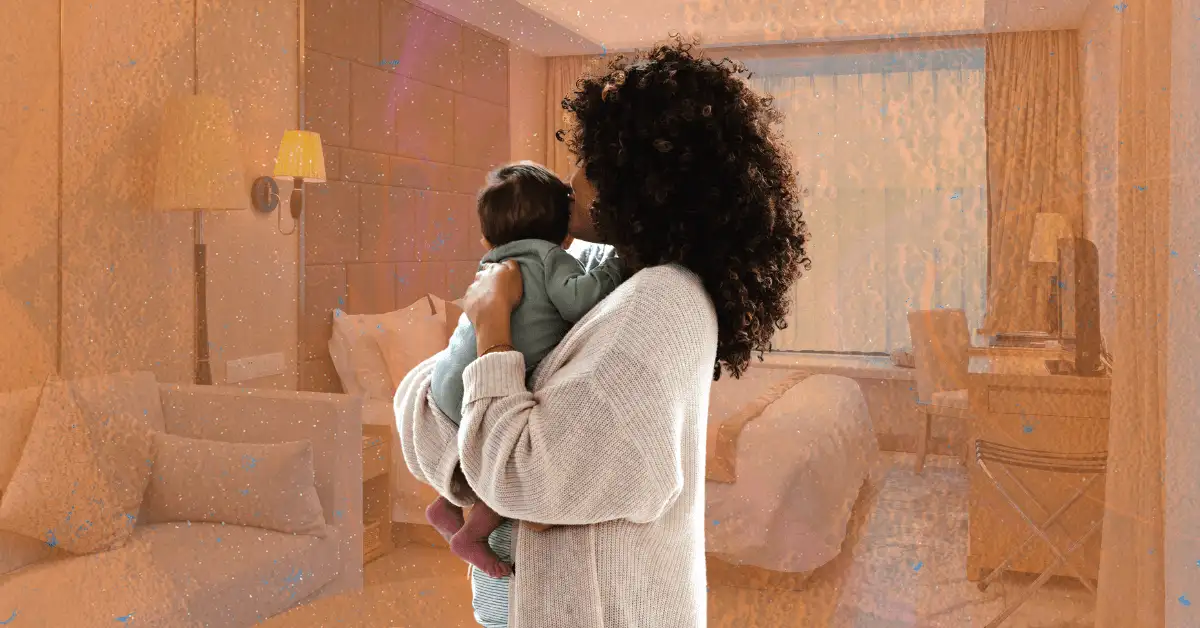
Postnatal retreats are taking off in the US
-
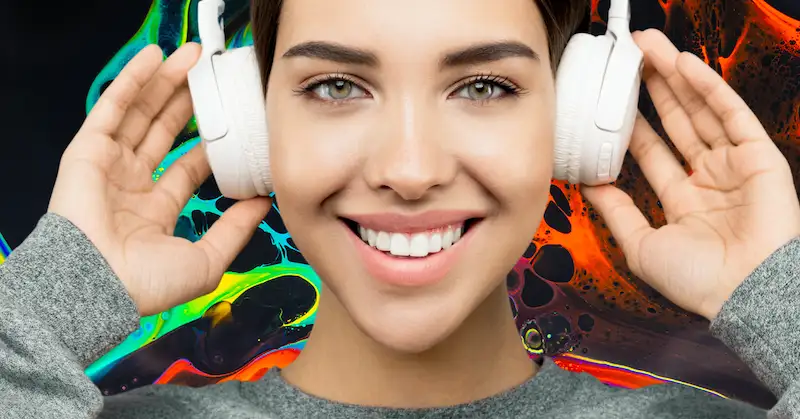
Music you can really feel — no, really
-
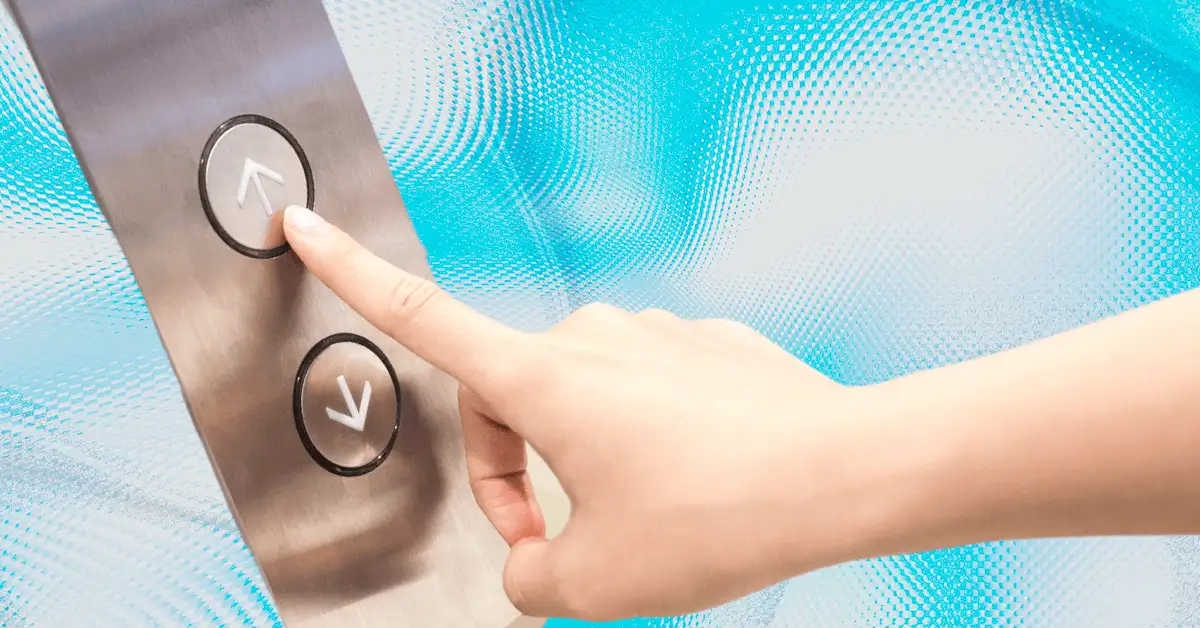
Don’t pretend you aren’t interested in the world’s largest passenger elevator
-
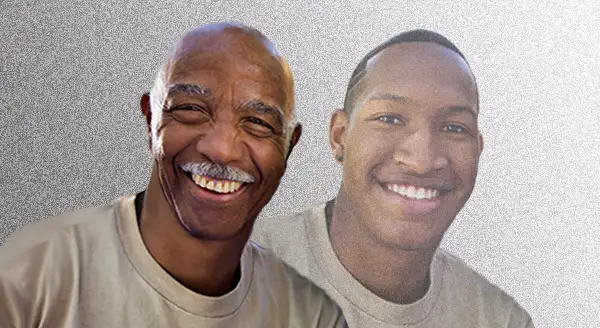
Is it possible to get younger?
-
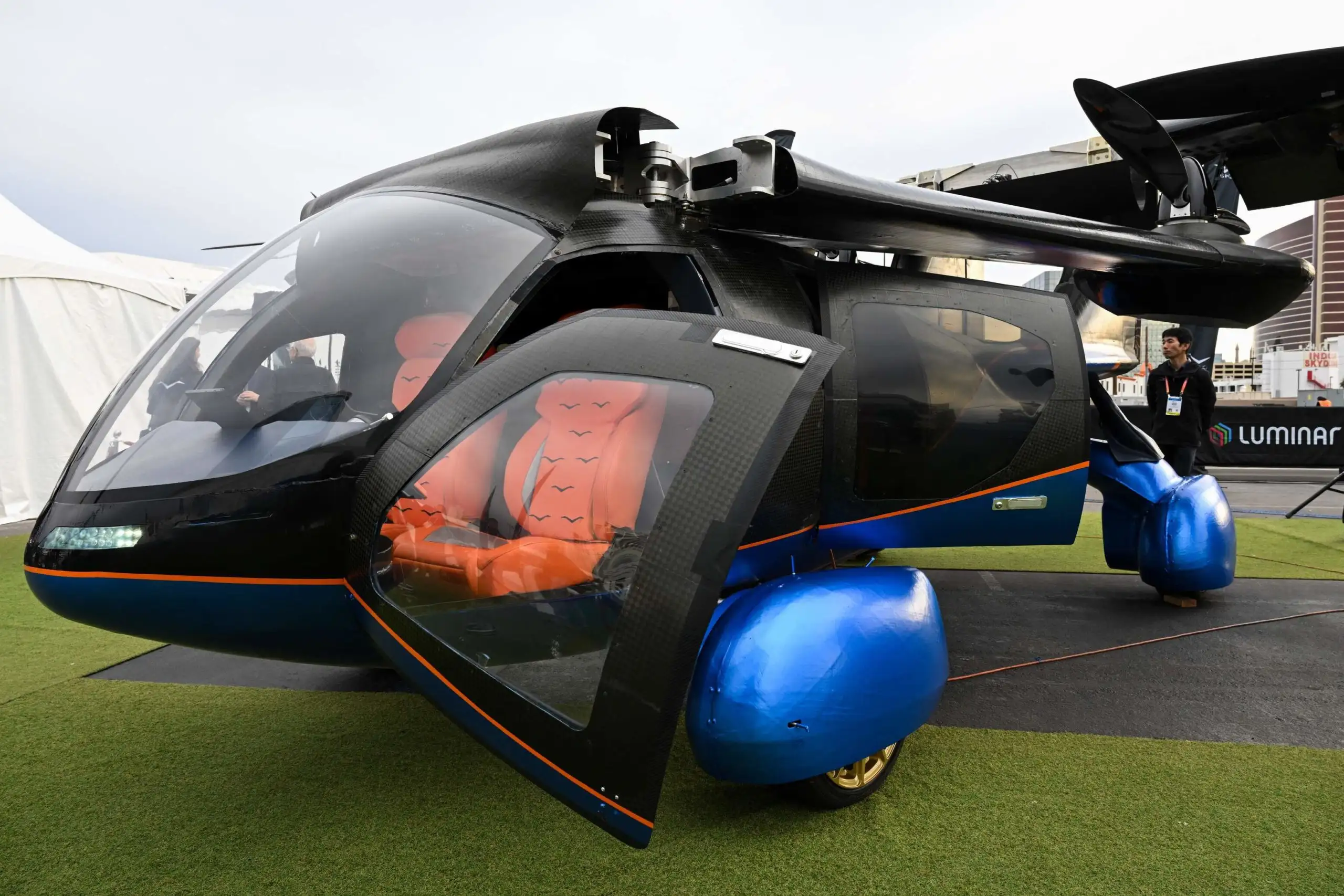
What happened at CES this year?
-
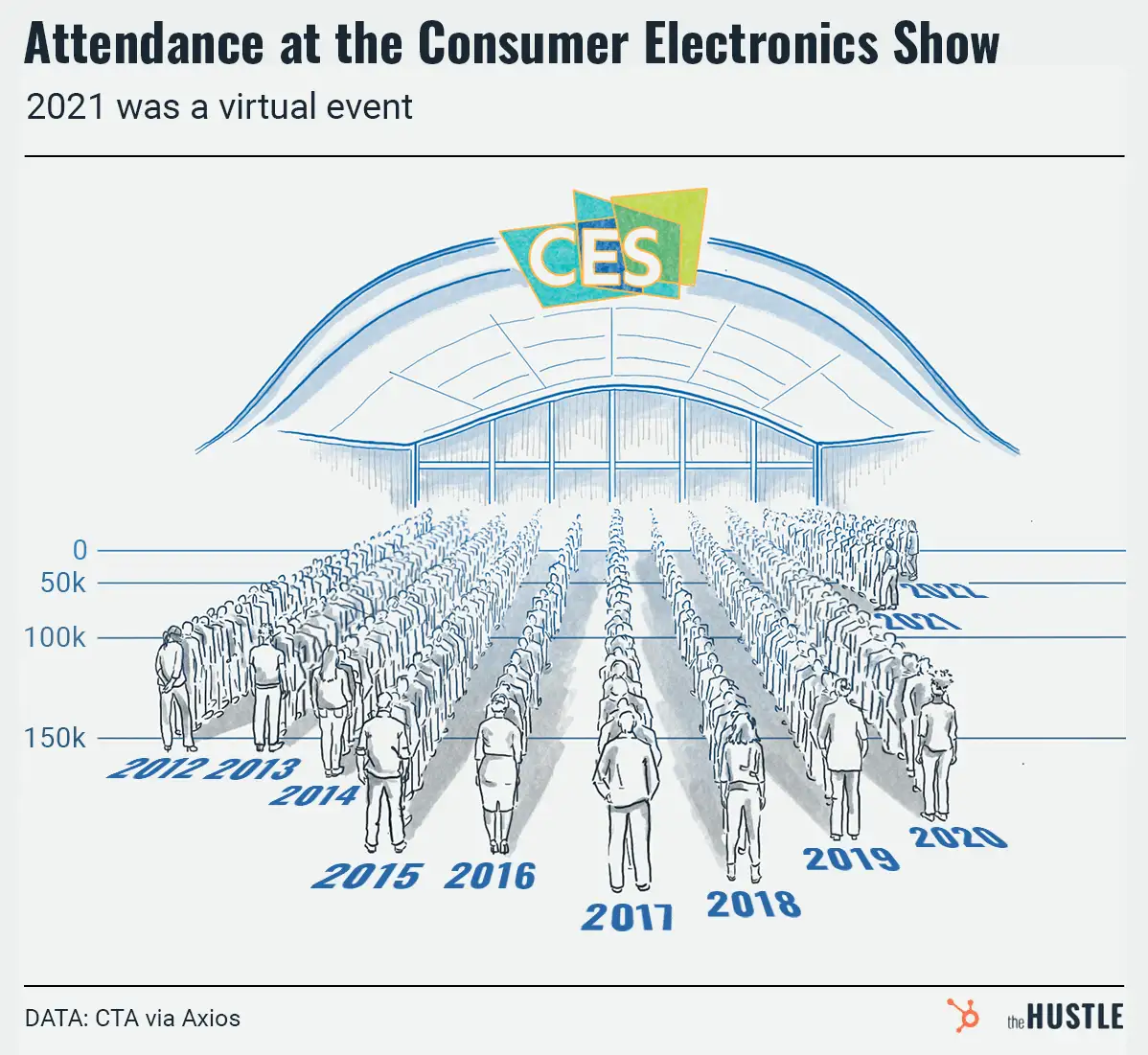
CES starts today. Here’s what to expect
-

ChatGPT isn’t always right, but it’s fun
-
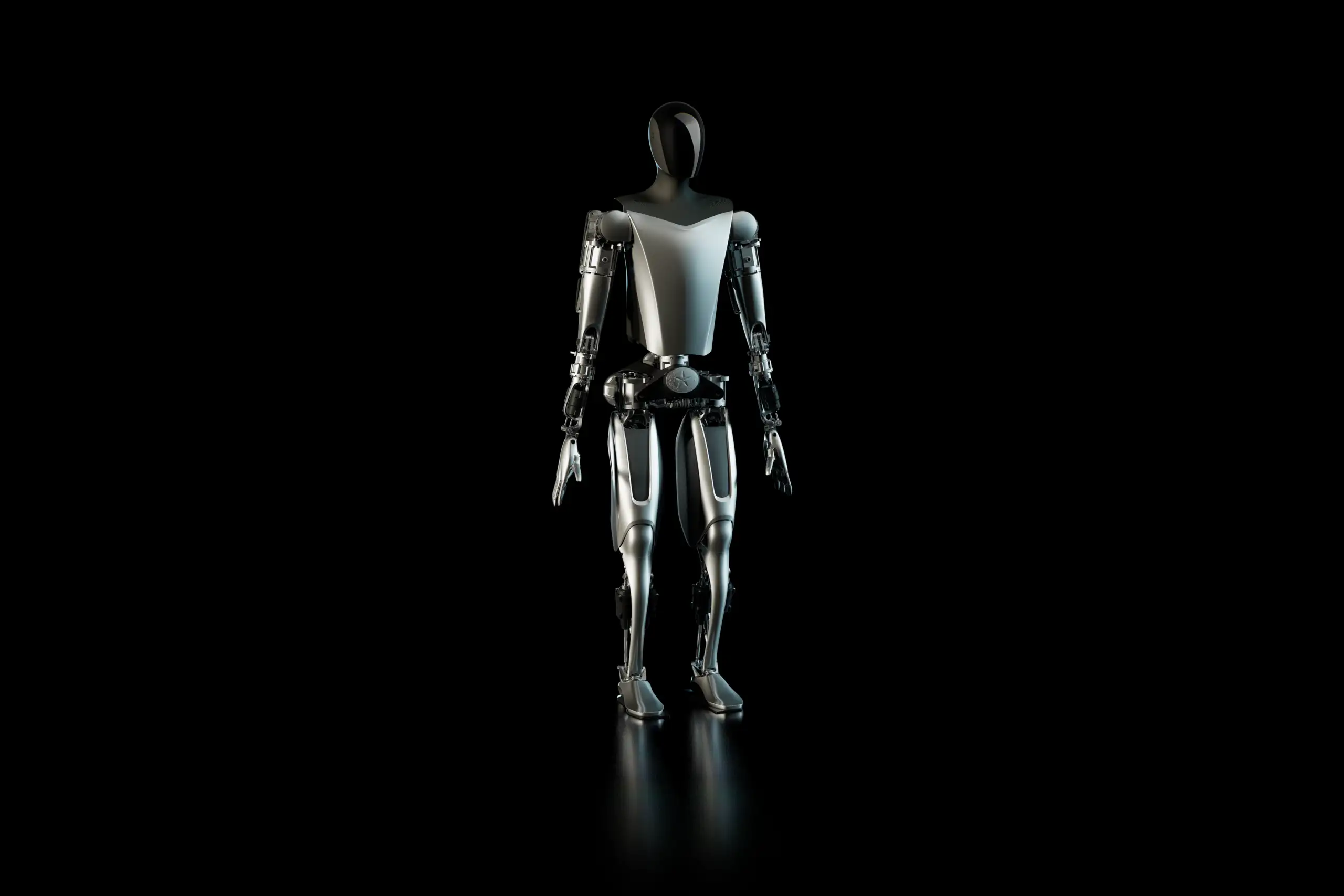
Tesla’s robot, explained
-
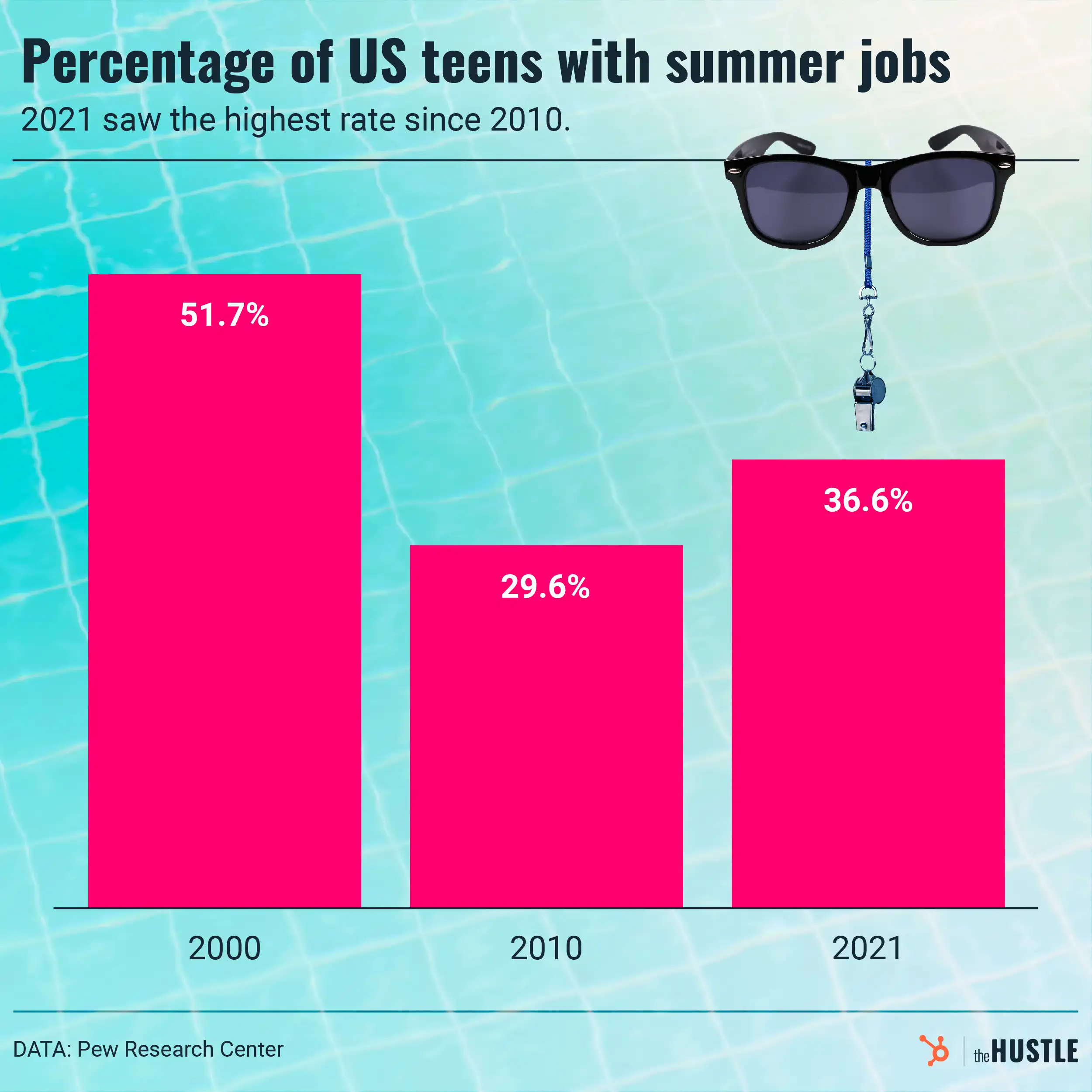
Teens are going back to work

